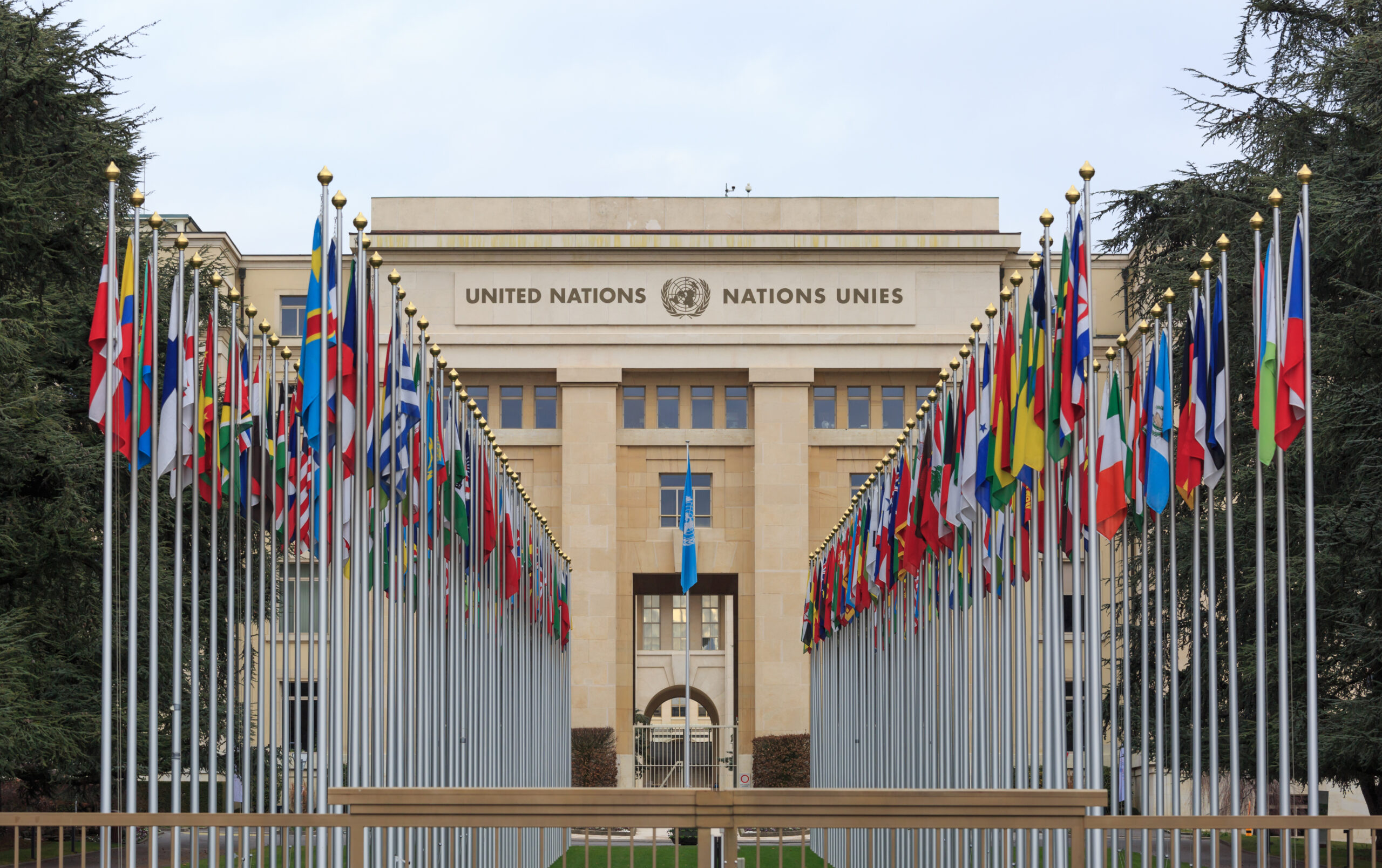The Global Threat To Information-Sharing Online Posed By Link Taxes

The Canadian Parliament passed the Online News Act last week, which subsequently received Royal Assent and entered into law. The law will require selected online platforms to pay news publishers for the presence of any of their content, including hyperlinks and snippets, once it comes into effect.
Canada’s Online News Act is the most recent iteration of a concerning international trend of novel, experimental regulation that forces selected internet companies to pay arbitrary and unpredictable ‘link taxes’ (i.e., mandatory compensation) for the indexing and hosting of news content online. These laws are, contrary to their asserted goal, likely to harm the availability of news and frustrate efforts to stand up new models to fund the news ecosystem. These proposals falsely presume that online platforms are “free-riding” off the value derived by news publishers’ content—ignoring a value proposition runs the opposite direction. Social media, search and search aggregation services (resources that news outlets actively avail themselves of) generate revenue for the news producers by making content discoverable and in redirecting billions of clicks of traffic to news outlets, free of charge, enabling outlets to further monetize their content through advertising and subscriptions.
While some in the U.S. have sought to advance similar measures at the state and federal level, these efforts repeatedly run into bipartisan opposition, strong civil society concerns, and unique constitutional challenges, based on likely First Amendment inconsistencies.
Proliferation of these types of regimes will affect U.S. companies’ ability to operate in foreign markets. If uncapped financial liability resulting from an arbitrary payment obligation makes it economically not viable to provide selected services in a given country, companies may face no option other than to exit the local news segment. The end result will be new limits on the dissemination of valuable information to consumers–including businesses and researchers. In addition to harming U.S. companies, these laws will also negatively impact small local news businesses, many of whom rely on U.S. internet companies to reach new consumers and drive traffic to their sites, where these local news businesses monetize their content through subscriptions or advertising.
Poorly conceived regulation also damages the interests of researchers, journalists, tourists, and others who rely on these companies to find and make use of the vast amount of information available on the internet. In addition, these required revenue transfers are likely to exacerbate wealth divides in the news business by cementing the role of legacy providers, and could greatly damage journalism overall through prescriptive requirements relating to the sharing of news and information. For example, in Canada, journalists from large and small publications alike have raised concerns about the regime set out in the Online News Act harming the integrity of journalism as well as the business model of smaller actors in the ecosystem. Small outlets are concerned about C-18’s threat to information-sharing that underpin their growth strategies, also noting the benefit these online platforms provide through increased traffic referrals.
The damage will not just be felt by internet companies and small news outlets. As more countries adopt the regulatory models that Canada and Brazil are currently considering, the resulting fragmentation of the internet would undermine one its most valuable attributes—the ability to dynamically connect information and users in the most efficient way possible.
Efforts to extract payments for the function of indexing, aggregating, and hosting news content are not new. However, these prior efforts stopped short of the highly prescriptive and expansive measures now under consideration in several countries and being enacted in Canada. To date, U.S. companies have been able to avoid the worst harms of such measures either by temporarily exiting the market (e.g. in Spain, suspending news aggregation) or reaching commercially acceptable arrangements with news publishers and thus avoiding designation and arbitration (e.g., Australia). What has evolved, however, is a more threatening landscape, as described below.
- Canada, as mentioned previously, passed C-18 on June 22 imposing mandatory measures of unprecedented scope, with respect to both on the content subject to remuneration (i.e., the merest fragment, including links) as well as the breadth of entities eligible to claim compensation (over 700, compared to the current number in Australia, which is 40). Although the law includes criteria that allows digital platforms to pursue agreements with news businesses nationwide to be exempt from mandatory bargaining and final offer arbitration, those companies are unable to avoid being subjected and designated as a “digital news intermediary” under the law, an avenue for which the Australian model does provide. The “must-carry, must-pay” provision, (applicable even subsequent to an exemption decision) is unprecedented and would incentivize the creation of low-quality volume-based content, in some cases requiring U.S. companies to subsidize sources of disinformation and propaganda. Finally, the asserted goal of the Bill is to cover 30% of the cost of news production in Canada, which is an arbitrary number, not anchored to any objective value determination. The bulk of these projected payments (the Canadian government itself estimates 75%) will go to the large media conglomerates, particularly broadcasters, who have the highest overheads for news production and whose dominance in the market will only be strengthened. The legislation will be implemented through provisions set to be determined by a regulatory proceeding before the Canadian Radio-television and Telecommunications Commission, leaving the CRTC to set clear definitions on scope and rules on exemption criteria and the mandatory bargaining process—a novel task for the CRTC given its traditional jurisdiction outside this realm.
- Brazil is considering a remuneration mandate, most recently through potential amendments to its copyright law, that would establish compensation obligations for the use of news content by online content providers. Various iterations of the proposals (including through prior misinformation-related bills) have not clearly defined news content and would potentially entail the obligation to pay for small excerpts and links to news content in any format.
- Indonesia is considering a decree, first drafted in 2022, with the same goal of Canada and Australia—to implement a mechanism that forces internet companies to compensate news businesses for content they post or allow to be indexed. This proposal also institutes take-down procedures; and a compensation mechanism for this content that borrows from Australia and Canada in instituting binding arbitration by a third party implementation body, but with a twist: news organizations and news industry representatives would represent the majority of voices on this body creating a clear conflict of interest. Given upcoming elections, pressure on the Indonesian government to bow to news industry demands may increase. The draft decree could be finalized at short notice.
In addition to these countries, with active proposals being developed, there have been similar goals and plans articulated by governments in India and New Zealand.
In reviewing all of these cases, it is urgent for U.S. policymakers to assess these measures in light of the damage they would do to U.S. strategic and economic interests and the risk they pose to an open and unfragmented internet.








